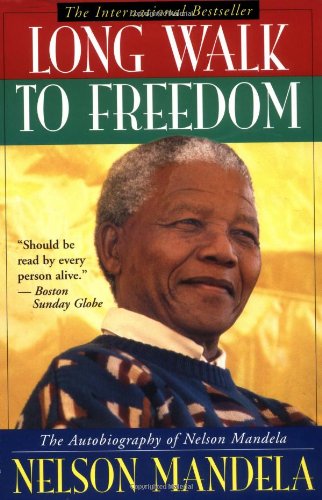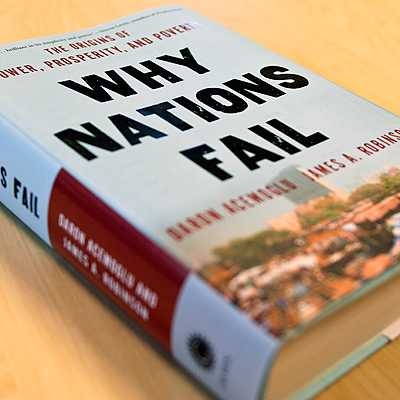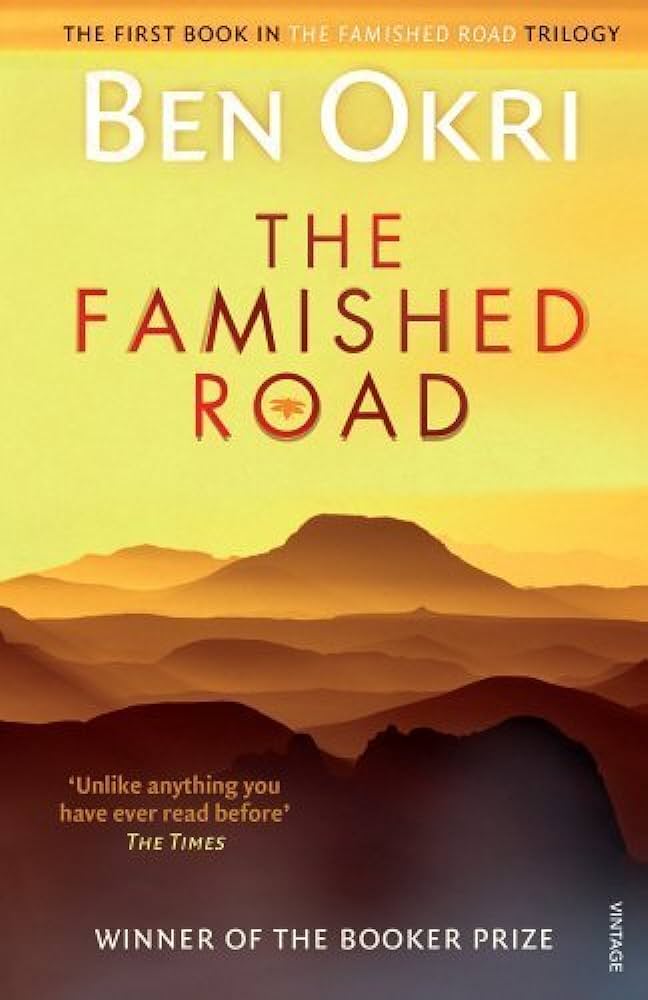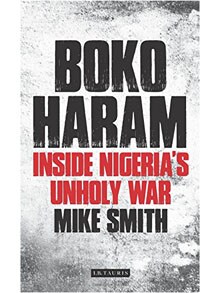By Adediji AbdulWasiu Adeshina
Nelson Mandela’s autobiography, “Long Walk to Freedom”, is an inspiring and moving account of his life and struggles against apartheid in South Africa. Apartheid was a system that favored white people with access to wealth, education, and standard of living while leaving black people impoverished and oppressed.
The book provides a personal and intimate narrative of Mandela’s life, from his humble childhood in rural Qunu and Mqhekezwe of the Zulu land to his mischievous adolescent adventures, education, and coming of age as an activist. As an African, he experienced the evils of the police state while studying at Fort Hare, where he saw the lack of freedom and dignity of numerous South Africans, including Black, Colored, and Indians. This injustice inspired him to join the African National Congress and fight against the apartheid system that subjected black South Africans to inhumane living conditions.
Apartheid was an advanced system of racial oppression that dehumanized blacks, resulting in extraordinary suffering under an inhumane system. This led to housing shortages, school crises, unemployment, oppression, brutality, and continuing bondage of poverty, deprivation, suffering, gender, and other discrimination. This created a deep and lasting wound in the hearts and minds of black South Africans, the true aboriginal people historically mistreated by a white minority population through the pernicious institution of apartheid.
Mandela’s trial and conviction, the personal losses and sacrifices he endured while in jail, the betrayals he faced, and his unwavering commitment to his personal convictions kept the faintest glimmer of hope alive even within the hopeless walls of Robben Island. Finally, justice prevailed when, on April 27, 1992, the yearnings and aspirations of a people to live like humans and be free in a land they call theirs were achieved through the epic presidential swearing-in ceremony headed by Nelson Rolihlahla Mandela on a stage that was once dominated by the white minority.
De Klerk, unlike De Wet and his predecessor, is a hero to Mandela. He admitted that the imposition of apartheid was a terrible wrong done to black people, and he made personal sacrifices to dismantle the system. He not only deescalated tension by granting state pardons to all political prisoners but also had the foresight to understand and accept that all South Africans must determine their future as equal participants through negotiations. His actions were nothing short of heroic.
“Long Walk to Freedom” is a compelling, powerful, and profoundly emotional narrative. For three-quarters of a century, men and women made the ultimate sacrifice for this cause. Through the struggle, South Africa produced outstanding leaders like Oliver Tambo, Chris Hani, Chief Luthuli, Bram Fischer, and Mandela of our time, men of extraordinary courage, wisdom, and generosity whose equal may never be known.
Quite a read!




